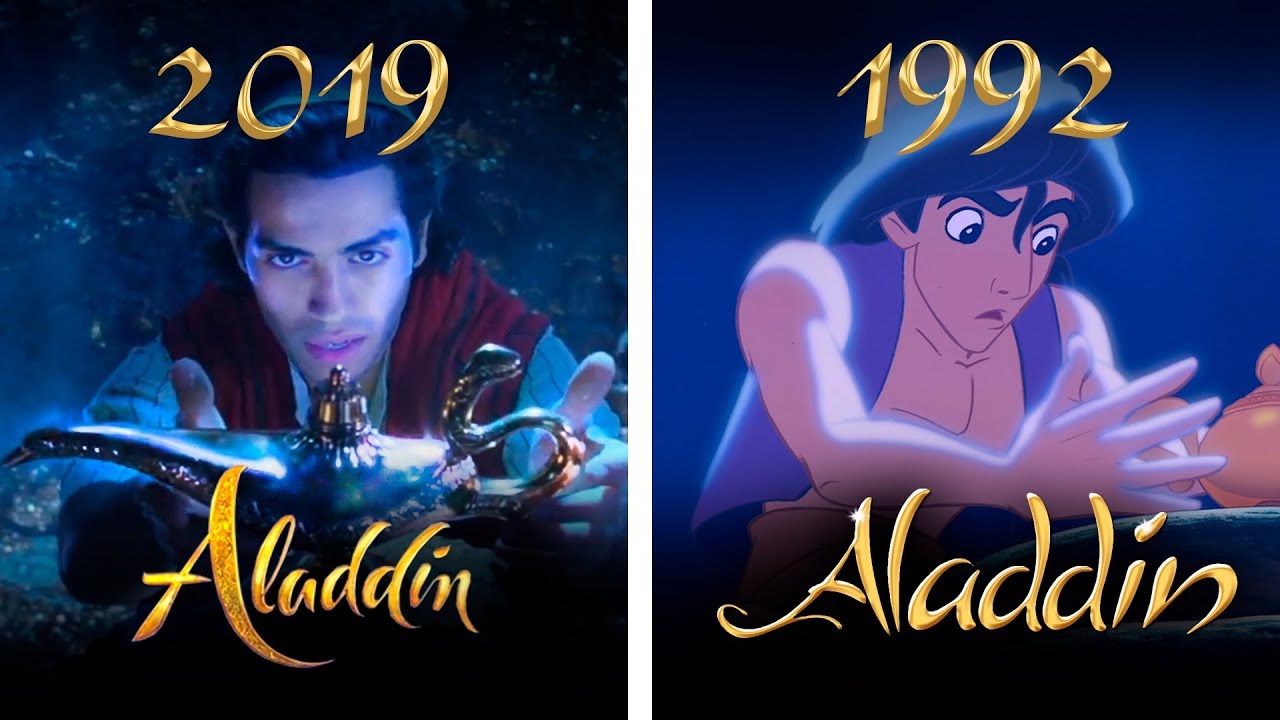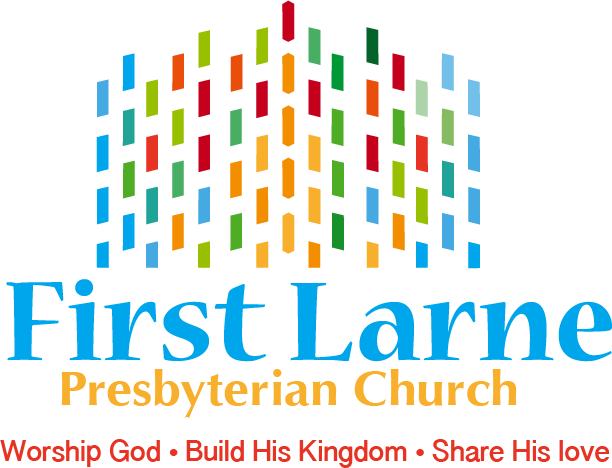WISHFUL THINKING? Fairytales and the Gospel

In this piece Katherine Ladd makes some challenging observations about the stories we tell ourselves in our culture.....
Wishful Thinking?
It’s been hard to miss the posters of a gigantic, blue Will Smith, advertising Disney’s Aladdin. In a sparkly retelling of the classic story from Arabian Nights, a genie offers street urchin Aladdin three wishes, kickstarting his journey to win the heart of Princess Jasmine.
A magic lamp stands at the film’s centre, asking what it is that we wish for. But another question lingers: do our wishes really satisfy?
Becoming a prince gives Aladdin riches, popularity, good looks, and prestige. Yet, the genie warns there is ‘not enough money and power on earth to be satisfied’. At the film’s conclusion this proves true as — spoiler alert — the villain’s unquenchable desire for power condemns him to live as a genie trapped inside his own lamp.
Aladdin rightly reveals that power doesn’t truly satisfy, but Disney slips something else onto the pedestal in its place: the freedom to become your true self.
Aladdin and Princess Jasmine both confess to feeling stifled, their real characters unknown. ‘You can’t escape what you were born into,’ sighs Jasmine. ‘If only they’d look closer… there’s so much more to me,’ longs Aladdin.
In ‘A Whole New World’ we see Jasmine and Aladdin ‘soaring, tumbling, free-wheeling through an endless diamond sky’. Limits are forgotten: ‘No-one to tell us no, or where to go.’ In the end, both characters find self-fulfilment in new roles and in one another. But the film has taken good things – freedom and personal transformation — and turned them into ultimate things.
Storytelling master J.R.R. Tolkien once observed that ‘the Gospels contain a fairy story, or a story of a larger kind which embraces all the essence of fairy-stories’.
Indeed, the gospel affirms our desires for freedom and transformation, but insists we cannot satisfy them ourselves. In 2 Corinthians 3:17-18, Paul writes: ‘Where the Spirit of the Lord is, there is freedom. And we all, who with unveiled faces contemplate the Lord’s glory, are being transformed into his image with ever-increasing glory.’
By God’s grace, the pressure of self-transformation and self-fulfilment is lifted. Like Aladdin – the ‘diamond in the rough’ – we are works in progress. Yet, it is God who refines our characters, transforming us more into the beautiful likeness of Jesus.
Fairy tales can offer precious glimpses of the things we yearn for, but there is a far more captivating story at work. As Tolkien notes: ‘This story is supreme, and it is true.’
Katherine Ladd
Katherine works as a researcher in Westminster.
She blogs the occasional thought at: chatterandscribblings.wordpress.com


